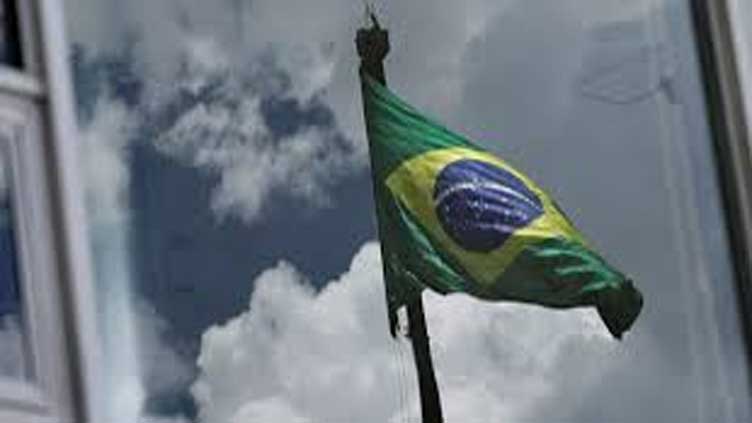Brazil's Workers Party out of touch with society

World
Brazil's Workers Party out of touch with society
BRASILIA (Reuters) - The likely next president of Brazil's ruling Workers Party (PT) says the party has to reconnect with its rank and file and the new working class if it wants to overcome recent setbacks and remain relevant in Brazilian politics.
Edinho Silva, mayor of Araraquara in the state of Sao Paulo, is in line to become the leader of the party founded in 1980 in the industrial heart of Sao Paulo by metalworking union leader Luiz Inácio Lula da Silva.
The PT has governed Brazil for 14 years since 2002 when Lula was elected as the country's first working class president. In 2022 he was elected for a third non-consecutive term, defeating hard-right former president Jair Bolsonaro.
But the PT has done badly in a local election and has shrunk in Brazil's Congress, which is now dominated by center-right and right-wing parties. In the municipal elections this year, the PT lost votes in its traditional bastions of support such as the outskirts of large cities like São Paulo.
In an interview with Reuters, Edinho Silva admitted mistakes have been made and need to be corrected.
"We have to be more present in the real lives of people," said Silva, one of Lula's most trusted aides, a 59-year-old sociologist who coordinated the 2022 presidential campaign.
Silva recognized that the Brazilian right has made major inroads among lower middle-class Brazilians with an anti-establishment discourse against traditional political parties.
Brazil's difficult economic situation has not helped, with high inflation and the need to cut spending to stop the bloated national debt growing further.
"Maybe we did not make it clear how bad the situation was that we faced in Brazil when President Lula took office, and we are paying the price for that today," he said.
The growth of Pentecostal evangelical Christian churches in the outskirts of Brazilian cities has hurt support for the PT, which needs to start working with religious people, Silva said.
"We must put it to Evangelical leaders that the Christian world they defend is no different from the world that we defend, which is a fair, human society, which values life," he said.
The PT faces a challenge in relating to workers of today who are not unionized, don't belong to parties as workers did in the past, and are not organized in any way. The prime example is the delivery people of online services, he said.
"Today, motorcycle delivery drivers are the largest professional category in Brazil. But how do we talk to them? They are not in unions and they have difficulty understanding their class identity," Silva said.
The challenge is to relate to the new working class that is replacing a declining working middle class, he added.
For Silva, going forward the biggest challenge is "defeating fascism" represented by right-wing extremists that support Bolsonaro and building a solid democratic opposition to them.


